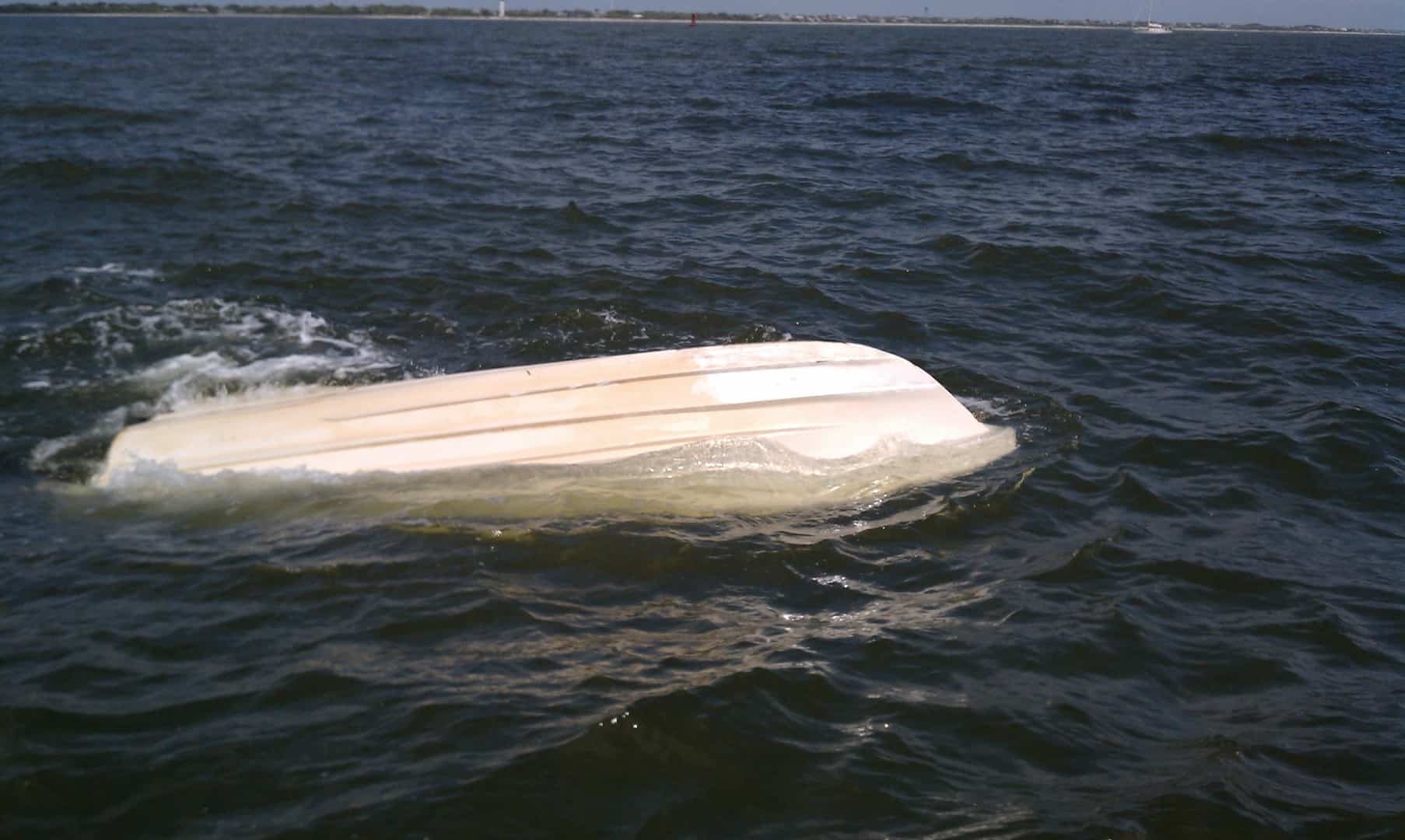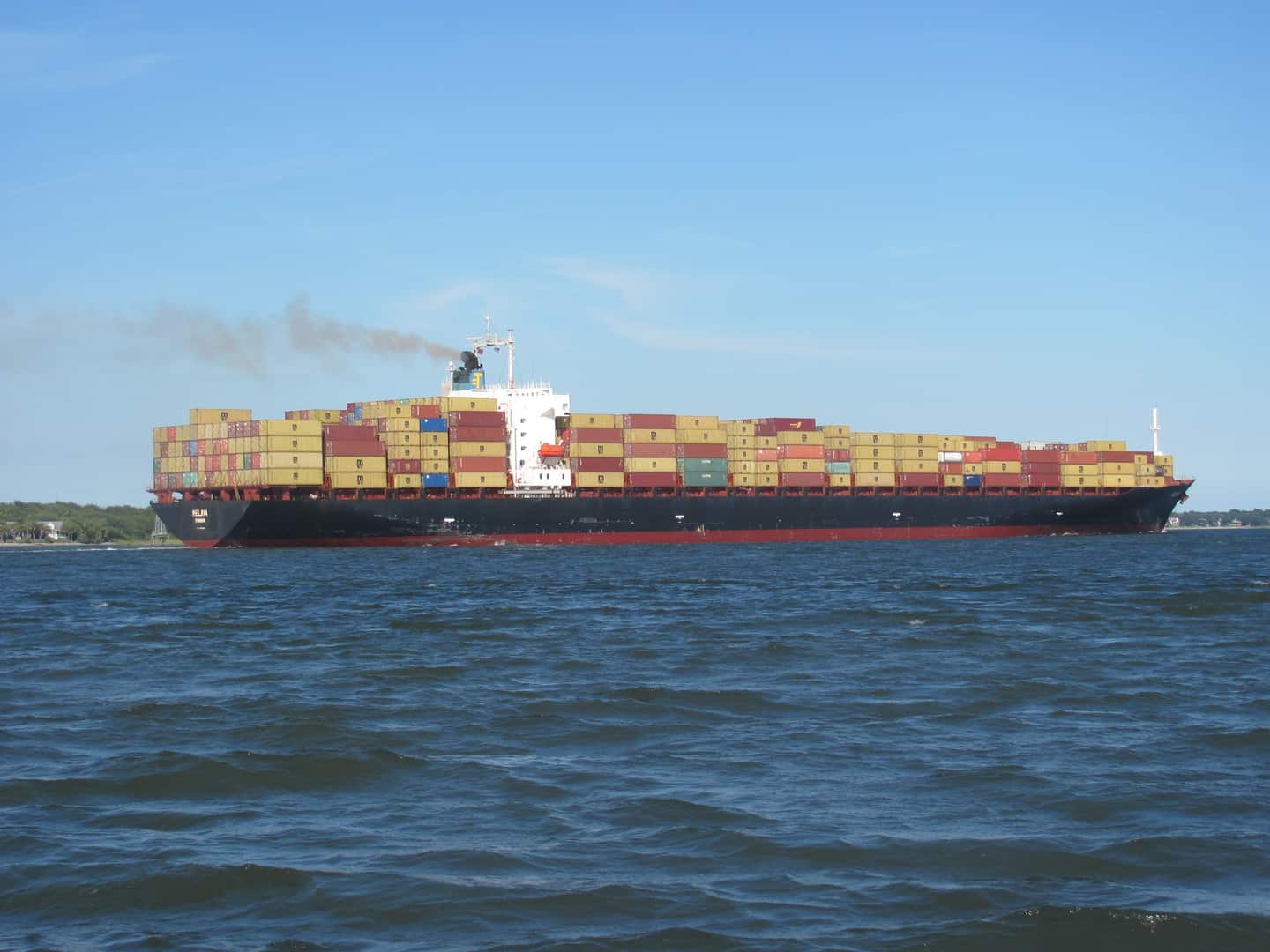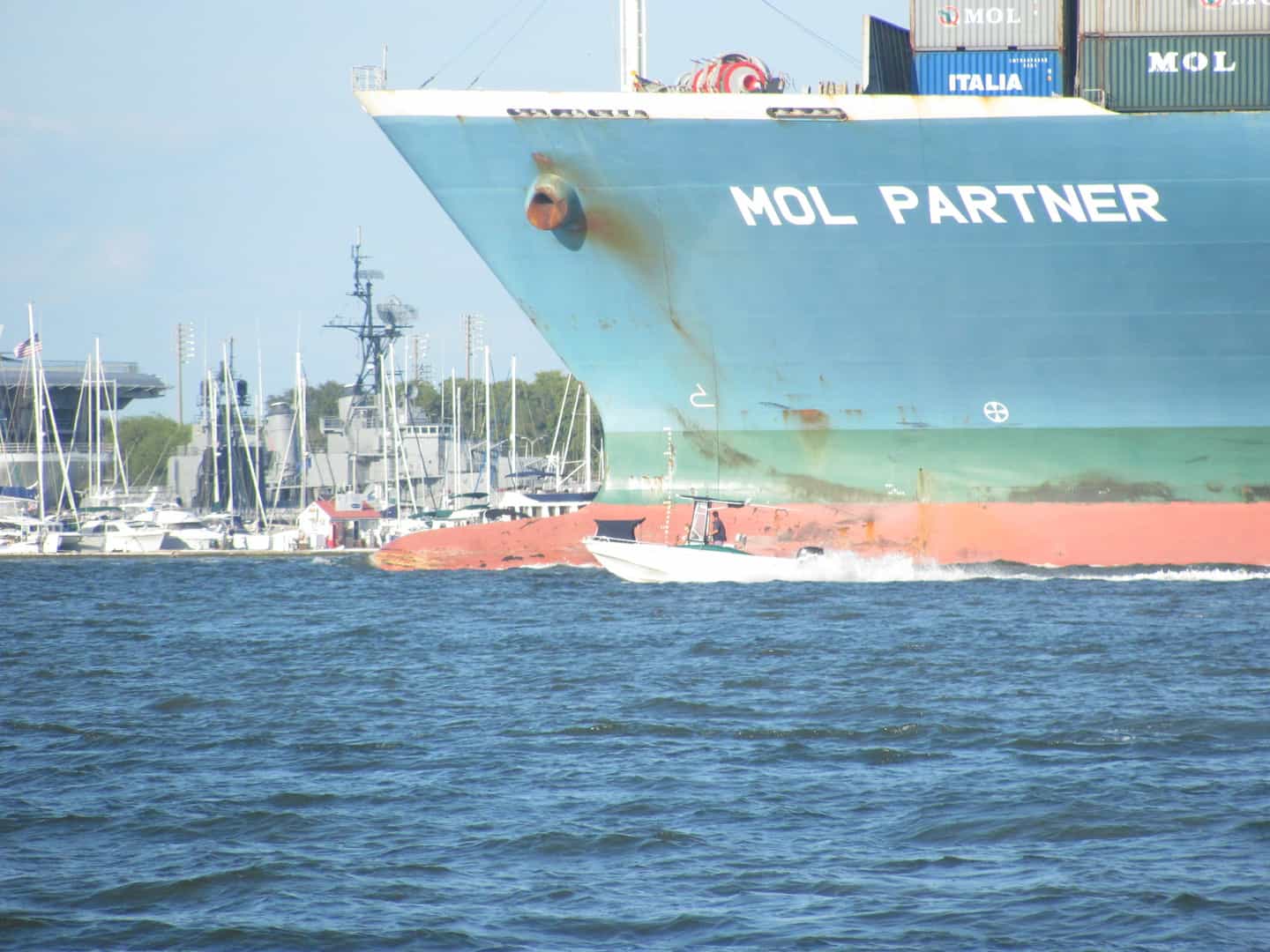Good morning to Captain and crew alike and welcome to the Admiralty Docket. This is John Hughes Cooper with a glimpse into your rights and responsibilities at sea and upon the navigable waters.
Today, because of the importance of this development to all citizens, I stray from our usual area of concentration. Our subject is mediation.
It is not often that lawyers or judges can proclaim the advent of any real improvement to the civil justice system in this country. Although mediation will affect admiralty and maritime cases, its benefits will extend far beyond the admiralty docket. Let me predict that during this decade the litigants in our court systems in the United States will embrace mediation to resolve a majority of civil disputes. The Courts will be revitalized, we will see a dramatic shift of court resources toward criminal dockets, and our citizenry will benefit from the just, efficient, and economical resolution of many civil disputes through mediation.
What is mediation? Mediation is a nonbinding process through which the parties to a civil dispute seek a final binding resolution of their differences with the guidance of a trained, neutral third party. The process is usually private. The process is nonbinding. If the case is not concluded as a result of mediation, the parties have waived none of their legal rights and can continue with litigation.
How does mediation work? If the parties to a civil dispute can agree to seriously discuss settlement of their differences, they may consider the same options and may reach the same results as in mediation. However, such settlement discussions are not mediation, unless the process of carrying out the discussions is managed by a trained neutral third party. The process of mediation has been proven to lead to successful conclusion of a very high percentage of disputes. The neutral third party is trained to keep the process on the track toward success, if possible. The secret to mediation is that the mediator does not decide the case, but manages the process. The involved parties decide the outcome of the case, based upon their own concerns, which they know better than any judge or jury or mediator ever can.
All will benefit from this coming change. Judges will be freed from backlogs of civil cases at the trial and appellate levels. Plaintiffs pursuing civil claims will be able to have claims promptly and fairly evaluated and will receive adequate compensation for damages without lengthy delays now commonplace in our courts. Defendants and their liability insurance carriers defending against claims will be able to substantially reduce attorneys’ fees and other costs of defense and reduce exposure to legal liability. Plaintiffs, Defendants, and their insurers will benefit from resolutions of disputes which better fit the needs and concerns of the parties involved.
Disputes will still be governed by the applicable law and attorneys will be more necessary than ever. However, knowledgeable and capable attorneys will be able to arrange for mediation as an alternative to litigation.
Judges freed from backlogs of civil cases will concentrate on the shortcomings of the criminal justice system at the trial and appellate levels. Criminal defendants, their lawyers, prosecutors, and others involved in the criminal court systems state and federal will benefit from the lightening of civil caseloads with the acceptance of mediation.
If you are faced now or in the future with the prospect of civil litigation as Plaintiff or Defendant, I urge you to discuss cost and time savings, flexibility of remedy, privacy, and the other possible benefits of mediation with your attorney.
More next week on The Admiralty Docket. Until then remember, your rights and responsibilities may change as you approach the shore and may God Almighty grant you pleasant sailing.










